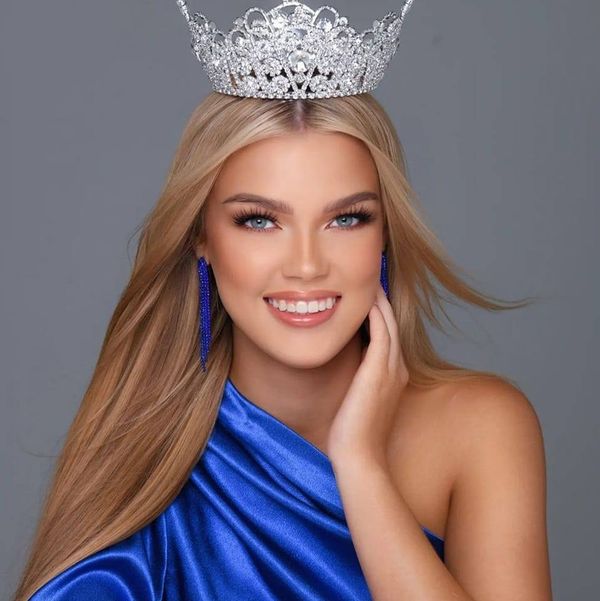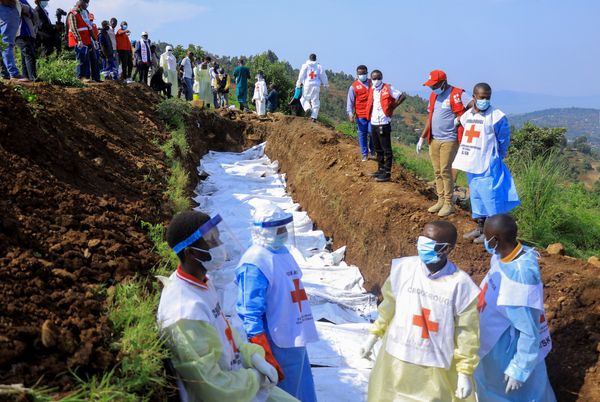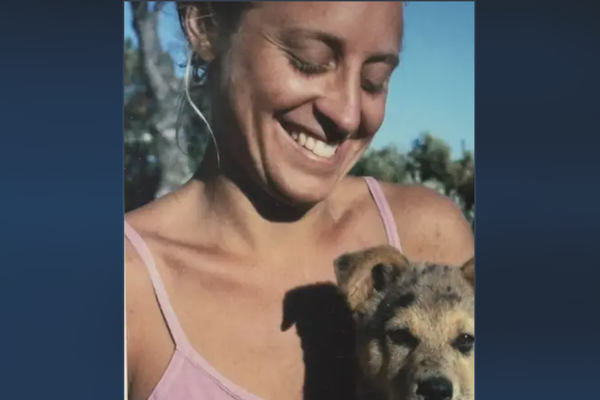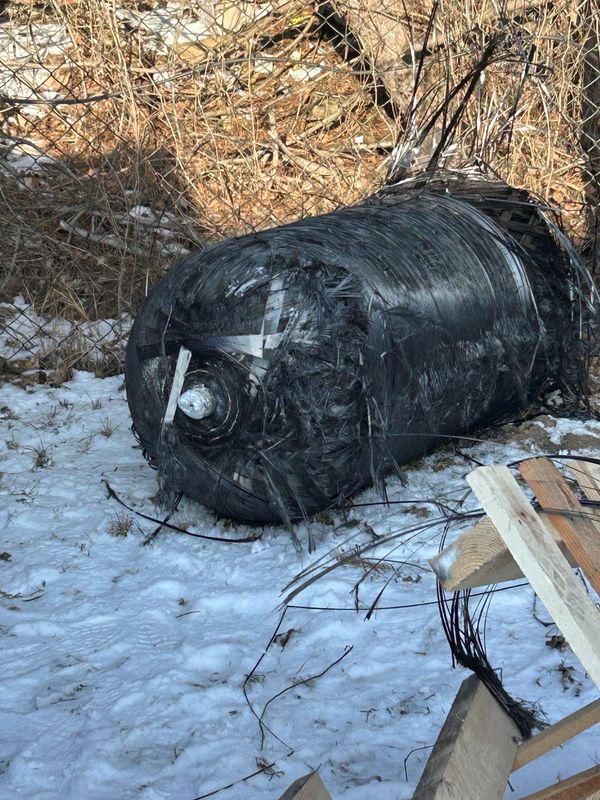
Sudden cancellations of TV shows is something we’re all used to. Film franchises getting prematurely canned is becoming increasingly common (my condolences to the seven people who were looking forward to that next Fantastic Beasts sequel). A podcast getting cancelled though – now that’s a far rarer occurrence. But that’s exactly what happened at NPR last month, as the US public radio big boy (and Twitter unsubscriber) axed a number of pods – and nearly 10% of its staff – to cope with a shortfall in advertising revenue.
Among the series coming to an abrupt end, shockingly, was Invisibilia, NPR’s long-running narrative series about tiny unseen forces governing human behaviour, told via real-life stories of oil rig workers, incels, an all-female debate team in Rwanda. I’ve always regarded Invisibilia, which launched back in 2015, as one of podcasting’s mainstays: one of, say, 10 shows that anyone who has even a passing interest in podcasts has probably heard of. It was clever in an unshowy way but also compulsively moreish, with great sound design and likable hosts. It felt like a podcasting dead cert – so for it to get a sudden scything feels ominous for the whole industry.
It wasn’t supposed to be this way. The story of podcasting over its two-decade life span has been one of pretty much unchecked growth. Podcasts have a low barrier for entry (anyone can put one out into the ether and become a star), are, theoretically at least, cheaper to make than other forms of entertainment and attract remarkably loyal returning listeners – a dream combination for potential investors, who in the mid-to-late 00s descended on the medium with suitcases of cash to spend. But podcasting might have become a victim of its own success: the last few years of the 2010s saw an enormous amount of capital flood into the industry, prompting fears of a podcast bubble.

That bubble seems close to bursting. At the start of 2023, Vulture’s podcast critic Nicholas Quah warned in his great newsletter 1.5x speed that “This Could Be a Rough Year for the Podcast Industry”. Former big spenders like Spotify – who have over the past five years attempted to make itself the destination for podcasts in the same way that it is the destination for music – are laying off workers, the advertising market that the industry relies on (what with podcasts being free and all) has shrunk dramatically and an attempt to get listeners to pay for podcasts through subscription services like Luminary or premium models like Wondery Plus (which allows paying customers early access to episodes) hasn’t filled the gap left by adverts.
As a result podcast-makers are expecting a serious spending squeeze this year. That might not necessarily mean shows getting cancelled outright (NPR is a bit of a special case – its media reporter described the situation facing the organisation as “existential”) but it will mean less cash for shows with a lot of moving parts, and less of a willingness to invest in bold new series. Podcasts involving a few people (celebs, quite often) yammering away around a mic about the week’s football, movie releases or a gruesome murder they read about on Wikipedia are probably more safe than ones that require deep research, extensive interviews, access to archive material and/or creative sound design.
A demise of that sort of podcast would be a disaster. I enjoy a lot of the “yammering away” pods – they probably make up the bulk of my podcast listening – but it’s those more ambitious audio series that are pushing the form forwards, finding ways to tell stories in ways other mediums cannot. So, RIP to Invisibilia, and here’s hoping that this podcast crunch doesn’t claim any more victims – because otherwise all we’ll be left with is endless true crime pods and celebrities talking to each other about their favourite colours. And that’s not a future of which I want any part.
If you want to read the complete version of this newsletter please subscribe to receive The Guide in your inbox every Friday.







